Imagine this: A freelance graphic designer logs into a coworking space’s public Wi-Fi to send a client’s confidential brand strategy. Unbeknownst to them, a hacker in the same space is running a packet-sniffing tool, quietly extracting sensitive information. The client’s data is exposed, and within days, a cybercriminal exploits their business for financial gain.
Cybercrimes happen more often than you’d think. According to IBM’s 2024 Cost of a Data Breach Report, the average data breach costs $4.45 million, with human error and weak network security among the top causes. In coworking spaces, where devices, printers, and network access are often shared, the risk is even greater.
So, how can coworking spaces and their members stay cyber-safe? This guide explores practical security measures to prevent data breaches, hacker exploits, and digital vulnerabilities in shared work environments.
1. Internet and Data Security: Protecting Your Business in a Shared Space
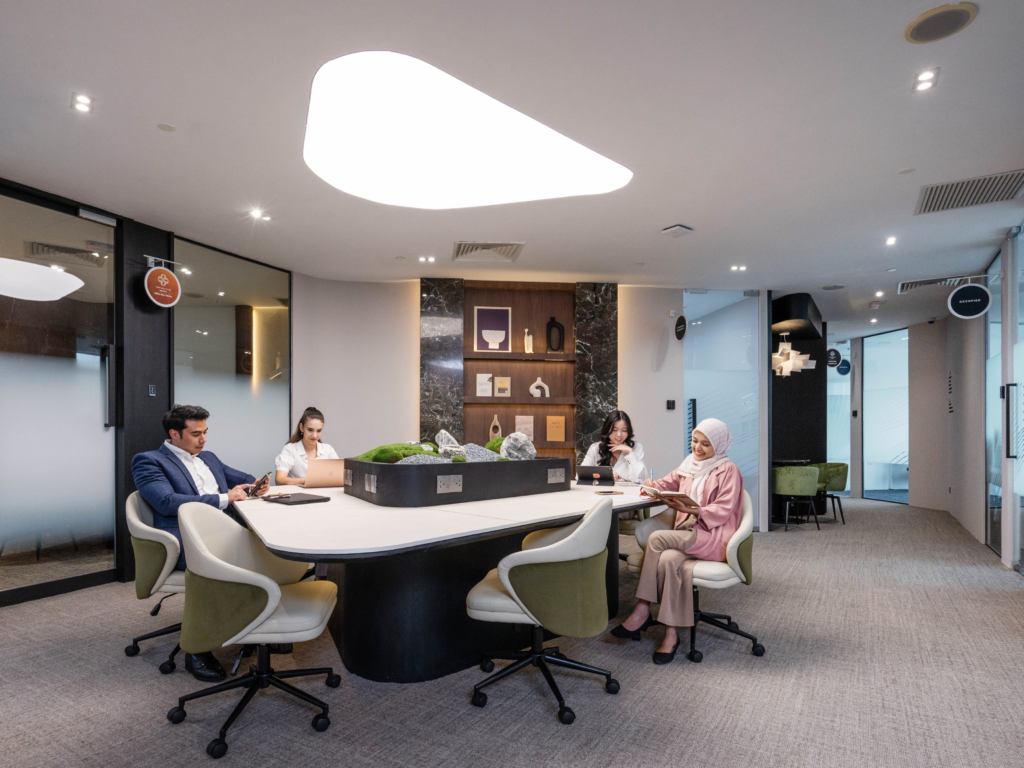
Data security should be a priority for businesses, freelancers, and entrepreneurs, especially when working in a shared workspace like a coworking space. Coworking spaces accommodate a variety of individuals, including one-off visitors using daily passes. Without proper network security measures, your personal and corporate information is at risk of cybersecurity threats, with confidential data being intercepted, leaked, or manipulated.
To counteract these risks, coworking spaces should implement proactive security measures:
- Use Individualised and Private Wi-Fi Networks
Shared, public Wi-Fi is a hacker’s playground. A secure network with a network security key ensures authentication and prevents unauthorised access.
- Enable Two-Factor Authentication (2FA)
Adding a second layer of verification, such as Google Authenticator or Microsoft Authenticator, adds an extra security layer and reduces the chances of stolen credentials.
- Enforce Security Policies
Require all members and visitors to agree to an internet security policy that outlines best practices for using the coworking space’s IT infrastructure.
2. Strengthening Network IT Security in Coworking Spaces
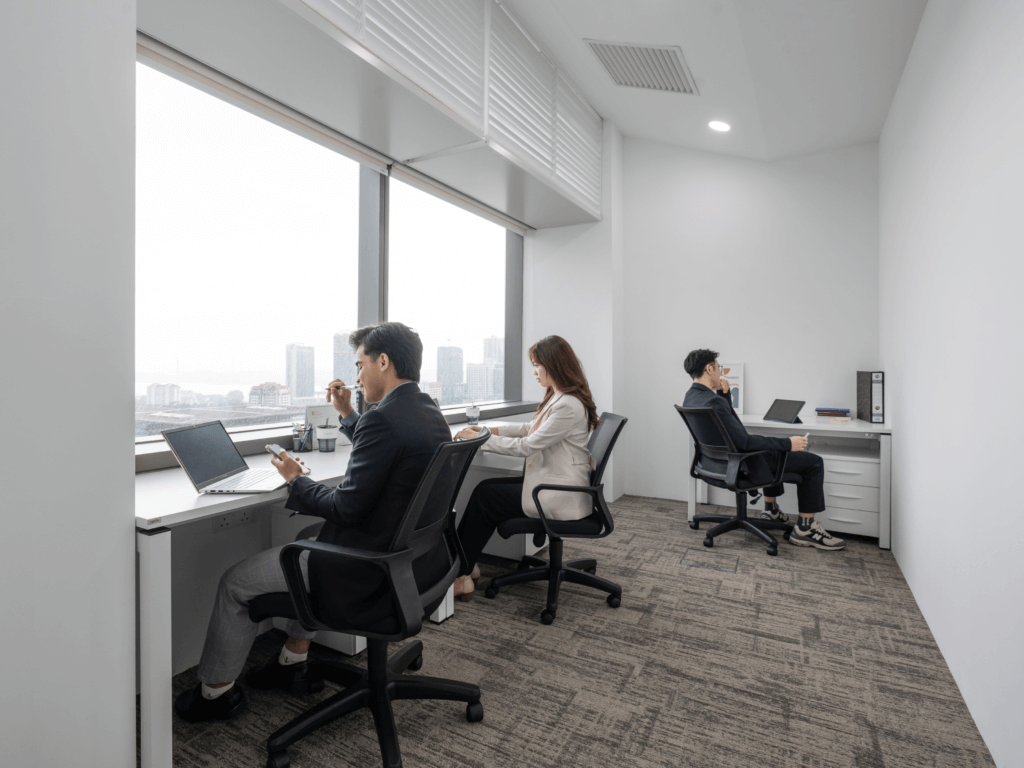
A strong network security framework is essential to combat hacker exploitation and data breaches. Many users in coworking spaces unknowingly connect to unsecured access points or use personal hotspots, creating security risks for everyone.
Instead of allowing coworking members to set up their own network devices, coworking spaces should enforce strict network access control. A virtual private network (VPN) can further encrypt online activity and protect against packet sniffing attacks, shielding against data exposure risks.
Furthermore, outdated software is another weak link in cybersecurity. Operating systems, antivirus programmes, and all business applications should be regularly updated with security patches to prevent exploitation by cybercriminals. Members and corporations should opt for automatic updates wherever possible to help streamline this process.
3. The Risks of AI Tools in Shared Workspaces

AI-powered tools like ChatGPT, Microsoft Copilot, and DeepSeek have transformed the way we work, offering everything from automated writing assistance to complex data analysis. However, in coworking spaces, where multiple businesses operate on shared networks and devices, AI introduces new security risks that many users overlook.
One of the primary concerns is data storage and retention. Many AI tools store user inputs to improve future responses, which means any sensitive information entered, such as business strategies, financial data, or client details, could be saved on the provider’s servers. This becomes an even bigger risk in coworking environments, where members may be using AI chatbots on shared computers or unsecured networks. If someone forgets to clear their history or if a browser auto-fills recent queries, confidential data could be exposed to the next user.
Another issue is the lack of access control when using AI in shared workspaces. Unlike corporate environments, where companies can manage who accesses AI tools and set data compliance restrictions, coworking spaces have little supervision over what members input into these systems. Employees might unknowingly copy and paste confidential emails, meeting notes, or proprietary code into an AI chatbot, unaware that this information could be stored indefinitely or even used to train future AI models
DeepSeek, in particular, raises additional concerns. Unlike ChatGPT, which operates under Microsoft Azure’s strict security policies, DeepSeek transmits user data to China Mobile, a state-owned telecom provider. This means that any business-sensitive data entered into DeepSeek could be subject to government access, increasing the risk of data leaks, corporate espionage, or regulatory compliance issues.
To mitigate these risks, coworking members should use AI tools only on secured, personal devices, avoid inputting sensitive business information, and ensure auto-save features are disabled on shared computers. If AI chat histories are stored by default, users should manually delete logs after each session to prevent data exposure risks.
4. Mobile Device Security & Compliance Frameworks
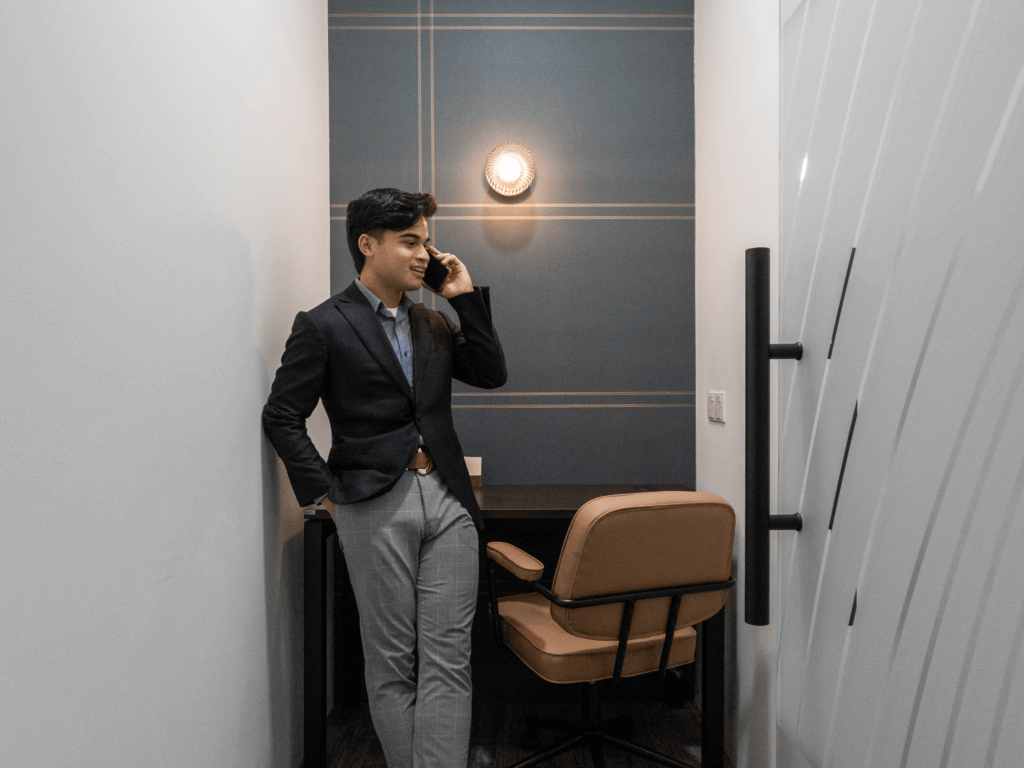
Many professionals rely on mobile devices for remote work, but mobile security is often overlooked in coworking spaces. Public Wi-Fi and Bluetooth vulnerabilities make it easy for hackers to intercept unprotected smartphones and tablets.
Here’s how to secure mobile devices in coworking spaces:
- Disable Auto-Connect to Public Wi-Fi: Prevent automatic connections to unsecured networks.
- Use a Mobile VPN: Encrypts data and protects against cyber threats.
- Enable Remote Wipe & Tracking: If a device is stolen, tools like Find My iPhone or Android Device Manager can remotely erase sensitive data.
Businesses should also ensure GDPR (General Data Protection Regulation under EU Law), HIPAA (Health Insurance Portability and Accountability Act, U.S. law), and SOC 2 (Service Organisation Compliance 2) compliance when handling customer data in coworking environments. These data protection standards help prevent unauthorised data collection and breaches.
5. The Role of Human Error in Cybersecurity Risks
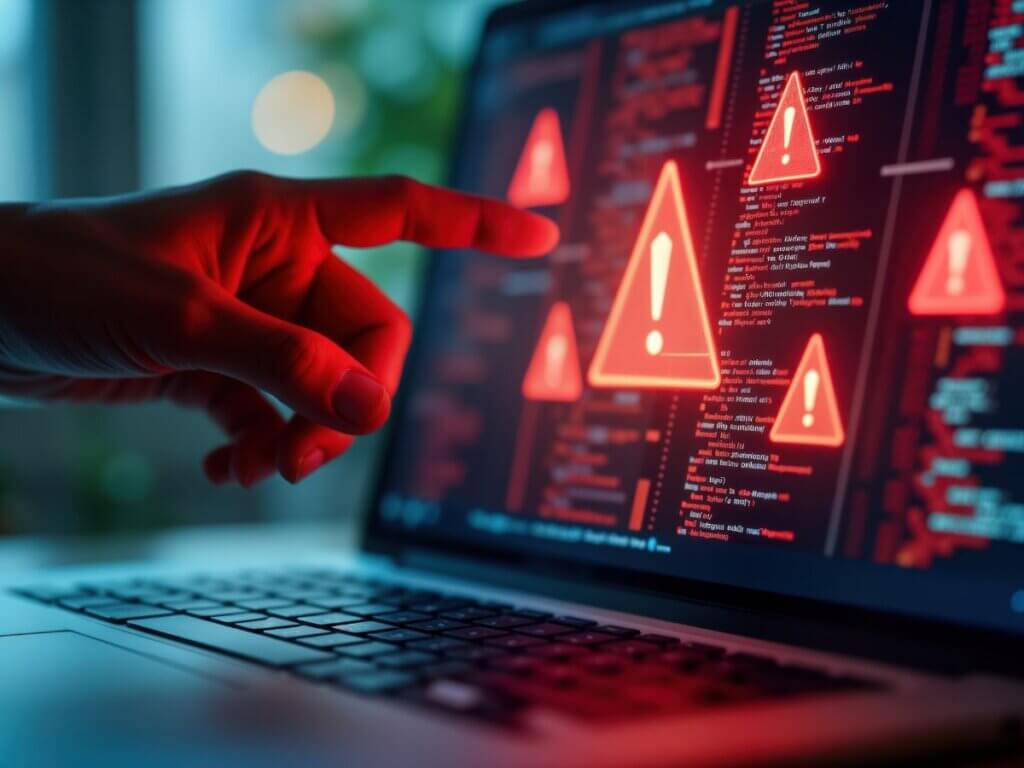
One of the biggest cybersecurity vulnerabilities isn’t a hacker—it’s human error. Studies show that 91% of cyberattacks start with a phishing email, where an unsuspecting user clicks a malicious link.
In coworking spaces, where multiple businesses share the same network, one compromised device can infect an entire system. To combat phishing, social engineering, and malware risks, members should:
- Verify Email Senders: Be cautious of emails requesting login credentials or financial information.
- Use a Password Manager: Free tools like Bitwarden or KeePass generate strong, unique passwords for each login.
- Enable Two-Factor Authentication (2FA): Prevents unauthorised logins even if credentials are stolen.
6. Physical Security Matters Too
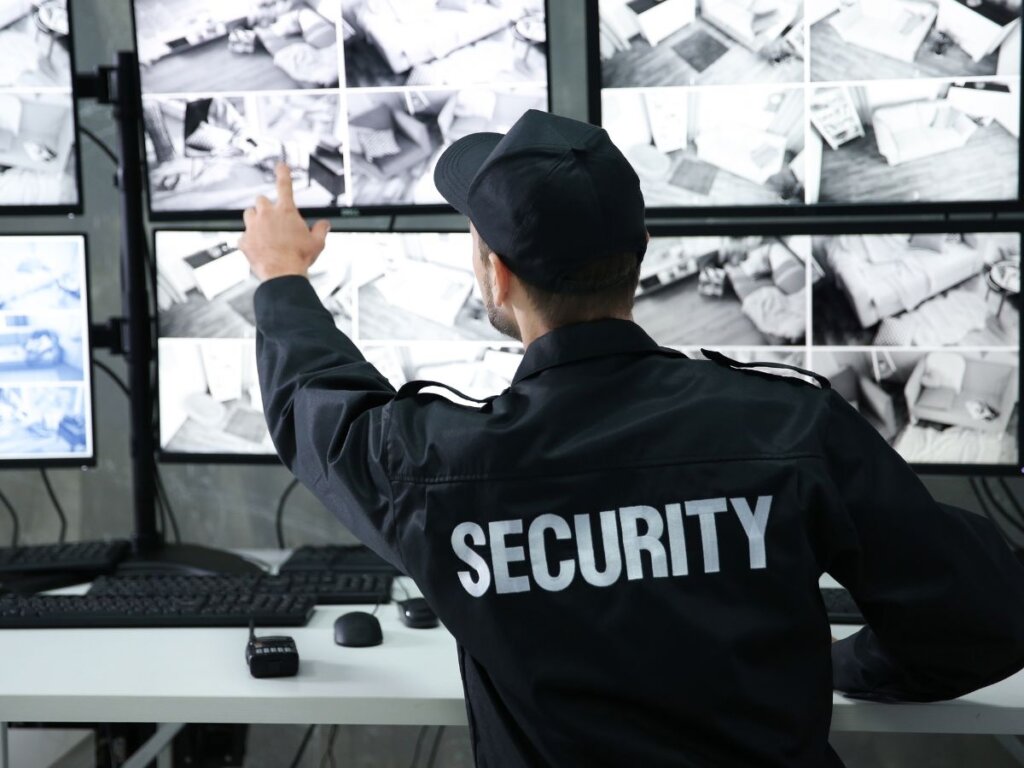
While cybersecurity threats often focus on digital risks, physical security is just as critical. In coworking spaces, sensitive data can be compromised if unauthorised individuals gain access to shared devices, printers, or workstations.
Implementing access control measures such as keycards or biometric authentication ensures that only authorised members can access workspaces. Securing shared devices with user authentication further prevents unauthorised use, reducing the likelihood of cyber threats.
At an individual level, members should develop habits like logging out of shared computers, avoiding unattended print jobs, and not leaving confidential documents in common areas. These small but effective steps strengthen both cybersecurity awareness and physical safety.
At INFINITY8’s Reserve locations, workspaces are secured with 24/7 security and monitored by CCTV to ensure a safe environment.
7. Regular Data Backups
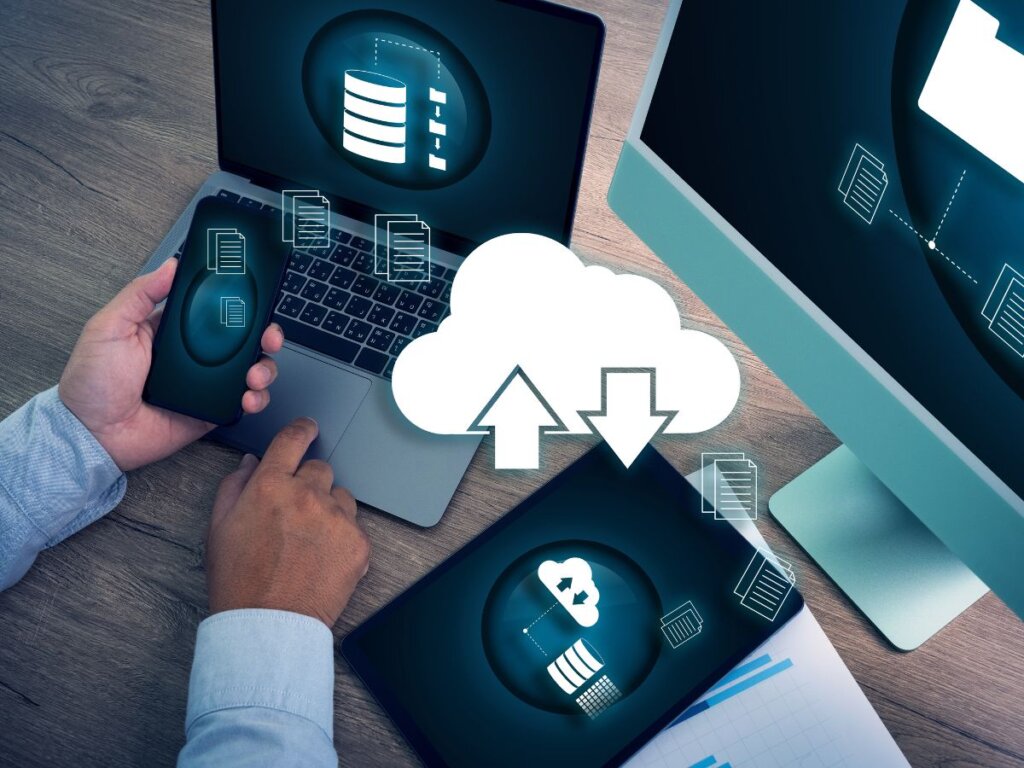
No cybersecurity company can guarantee 100% immunity from security threats, and therefore, making regular backups is essential. Businesses should routinely back up files using cloud-based encrypted storage or external hard drives. This ensures sensitive data remains secure even in the event of a breach or hardware failure.
Regular testing of backups is equally important. There’s nothing worse than assuming your data is safe, only to discover that a corrupted backup renders it unusable. Implementing version control also helps restore previous, uncorrupted states when needed.
A Secure Workspace is a Productive Workspace
Coworking spaces thrive on community and collaboration, but that shouldn’t come at the cost of network IT security. As cyber threats become more sophisticated, taking proactive steps toward data security is no longer optional—it’s a necessity.
For businesses, freelancers, and remote teams, simple security measures like using VPNs, keeping network devices updated, and enforcing access management can go a long way in preventing cybersecurity risks. Meanwhile, coworking operators should take cybersecurity awareness seriously by implementing robust security and network measures.
The digital world moves fast, and so do cybercriminals. Staying informed and prepared ensures that coworking spaces remain not only innovative and collaborative but also cyber-safe.
At INFINITY8, we understand that a secure workplace is essential for productivity. Our coworking spaces are designed with strong network security, controlled access, and IT best practices to keep your business safe.
Looking for a secure coworking space that prioritises network IT security? Visit INFINITY8 today and work with confidence.




